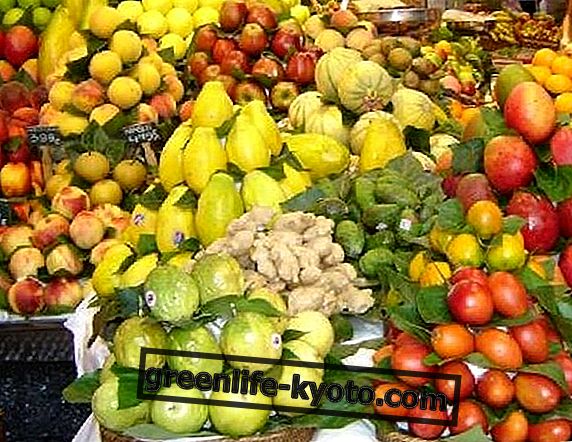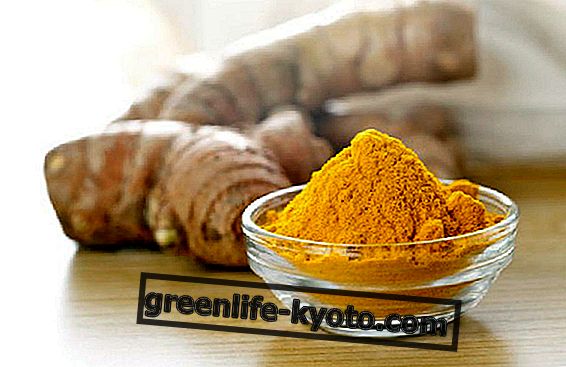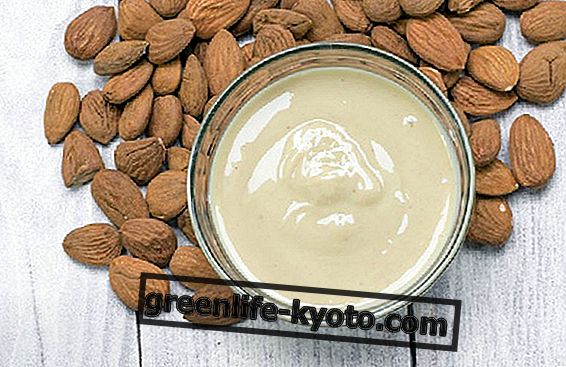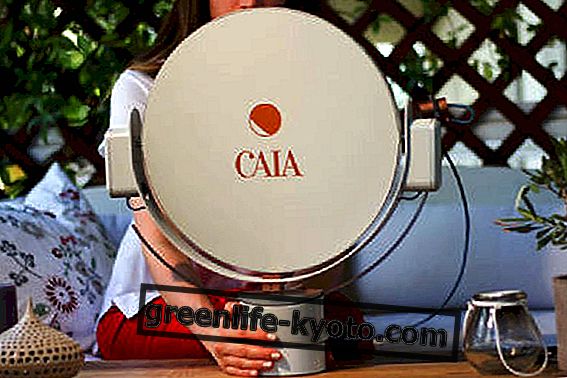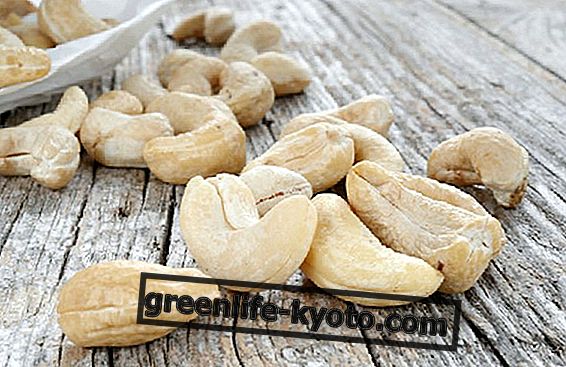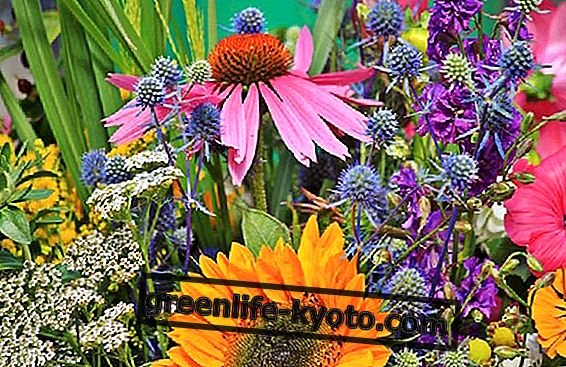
The term health literacy is the Italian translation of English health literacy and indicates the ability of a citizen to obtain, process and understand basic health information, in order to make informed choices there.
The term was introduced in the US in the 1970s and, in 1988, the World Health Organization included it in the Glossary of health promotion.
According to some surveys and the opinion of many experts, health literacy is one of the cornerstones of good health and its ability to positively influence lifestyle, adequate access to the health system and adherence to programs has been demonstrated prevention and therapies.
The mass surveys on health literacy in Italy are rather scarce but, from the few data collected, it seems that Italians often have difficulty understanding the basic language of medicine, for example it has emerged that many people find it difficult to understand the leaflets of drugs.
The level of literacy often coincides with the level of education, but this is not always the case; it has emerged that even people with a good level of education sometimes fail to understand the basic language of medicine.
In the last decade the concept of health literacy has gained great attention all over the world, precisely because of the fundamental role it plays.
Because health literacy is important
Health literacy is a discourse that is difficult to simplify, because so many factors come into play.
If, on the one hand, we are bombarded with information regarding health and lifestyle to be adopted to stay healthy, on the other the news we receive are often conflicting, difficult to understand or badly structured.
The enormous amount of information that comes to us probably causes disorientation, hindering internalization and deep understanding. Furthermore, modern health systems are increasingly complex.
According to some global surveys it has emerged that a low level of health literacy results in negative clinical outcomes and an increase in mortality.
That is to say that we have an active role in health management and that our well-being does not depend solely on the healthcare professionals we address but also on our ability to understand and collaborate, for example to adhere to therapies.
People with inadequate health literacy poorly resort to prevention tools and adhere less to the therapeutic treatments prescribed to them.
Health literacy is always important, but it is even more important in chronic illness when the patient, and / or the person caring for him, must develop a good knowledge of the disease in question in order to be able to deal with it in the best way. Furthermore, it is sometimes essential to adopt changes, even radical ones, in one's lifestyle and this can only be done if there is a real understanding at the base.
Health literacy, how do I find out?
Unfortunately, despite the continuous media bombardment, which might suggest the opposite, it is not always easy to learn the basic language of medicine.
Institutional communication is sometimes insufficient or too complicated . And then what? In general, the web is used, which on one hand can be a useful source of simple, clear and readily available information, on the other hand it can mislead and increase the degree of confusion.
When searching for information on the Internet, it is therefore necessary to always have a certain critical sense and ask yourself some questions ; for example: who is the owner of the blog or website? Is he a reliable publisher? Is it an institutional website (for example Ministry of Health)?
Relying on the first few pages that appear is not a good criterion because the order in which the results are returned does not depend on their scientific correctness, but on other and very complex factors.
In any case, the first contact when you want to get health information is your primary care physician . If I have difficulty understanding the leaflet of a drug it is first of all to the doctor that I should ask or to the pharmacist. If I have a doubt about a therapy that I have to follow, it is always the doctor I have to contact.
When you have difficulty understanding or simply want to acquire information to manage a health issue, the right thing to do is always to look for a point of reference, an interlocutor who is able to help us understand .
Take the example of pregnancy, a generally happy moment in the life of the protagonist but which raises many questions about how to behave; a good dialogue with a trusted midwife, together with a suitable prepared course, managed by competent personnel, will surely provide the pregnant woman with the tools to deal with pregnancy with greater knowledge, they will help her to understand how she must eat, how to deal with minor disorders, which are the alarm bells to be reckoned with, how your body will change, what will happen during childbirth ... and this awareness will limit the risk of underestimating a critical signal or, on the contrary, of giving too much importance to something that generates a useless anxiety.
Read also Psychosomatic Medicine >>

